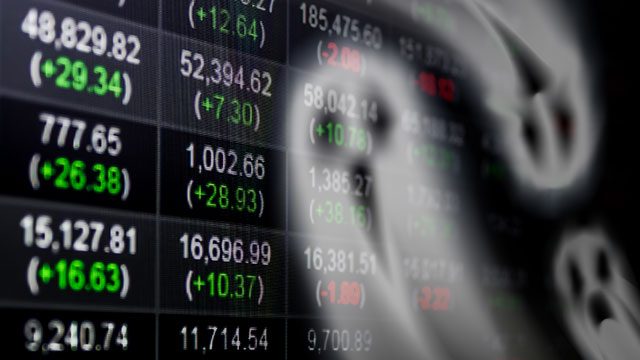SUMMARY
This is AI generated summarization, which may have errors. For context, always refer to the full article.

MANILA, Philippines – Who’s afraid of ghost month? The Chinese, apparently – or at least the traditional ones.
August is the time of the Festival of the Hungry Ghost, where the gates of hell are supposedly opened and spirits roam freely to play tricks on the living.
Opening a business, signing contracts, making major investments, and other important events are avoided.
Does superstition really have a big impact on the stock market?
Numbers
Rappler found that out of all the 10 ghost months from 2009 to 2018, the Philippine Stock Exchange index (PSEi) actually performed well.
By comparing the closing price of the first trading day of August to the last day, we found that the PSEi ended on a higher note 6 times – in 2009, 2010, 2012, 2014, 2017, and 2018.
It only went down 4 times – during 2011, 2013, 2015, and 2016.
Historically, the change of closing prices during the first and last day of August showed more greens than reds.
However, Piper Tan of Philstocks noted that there is indeed a tendency for stocks to trade sideways or slightly go down. This, though, is very minimal.
Tan said that from 2009 to 2018, the PSEi lost 0.39% on average during ghost month.
“The PSEi’s decline during the ghost month is not that big,” he said.
Tan also noted that value turnover is lower during the month, as fund managers abroad take vacations and superstitious investors hit pause.
Opportunities
According to Tan, ghost month is a good time for long-term investors.
When the spooked investors return, the PSEi gains as much as 1.5% on average after ghost month.
Tan said holdings, financials, mining and oil, and industrials jump by 3.5% on average during September.
In 2019, the stock market opened ghost month on a positive note. It was in the green for two straight days as of Friday, August 2. – Rappler.com
Add a comment
How does this make you feel?
There are no comments yet. Add your comment to start the conversation.